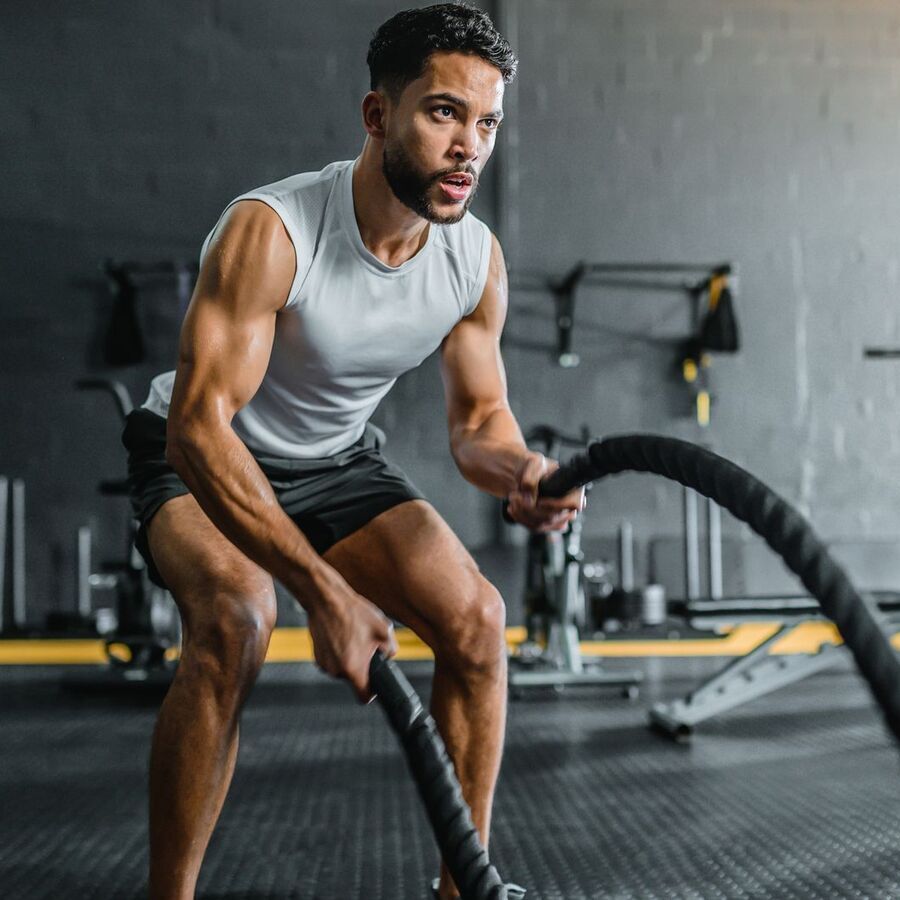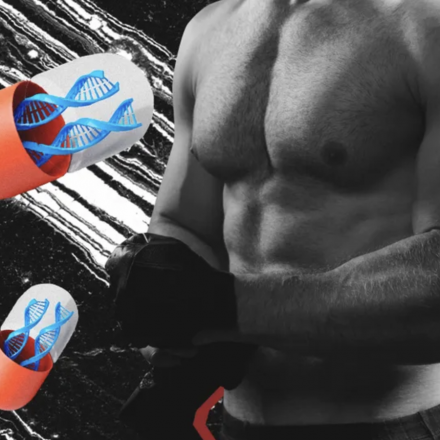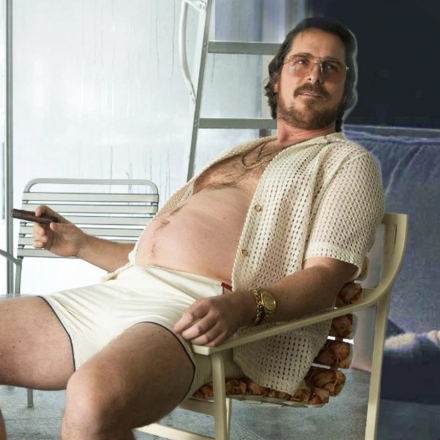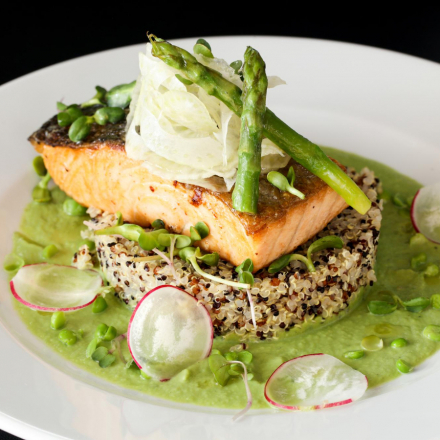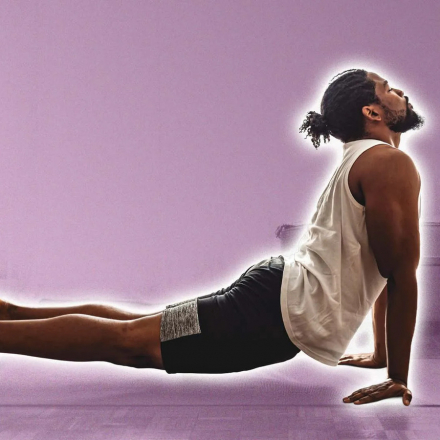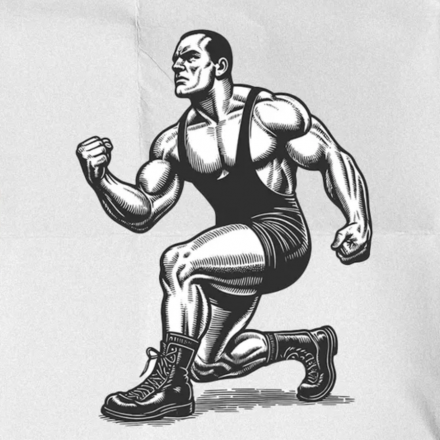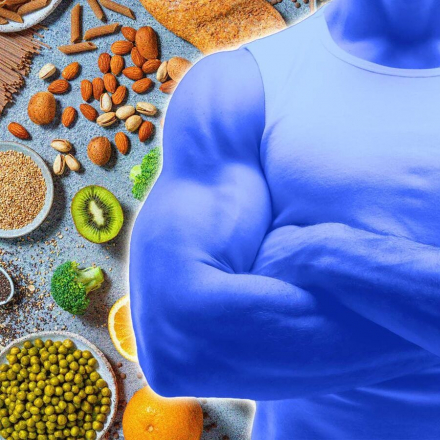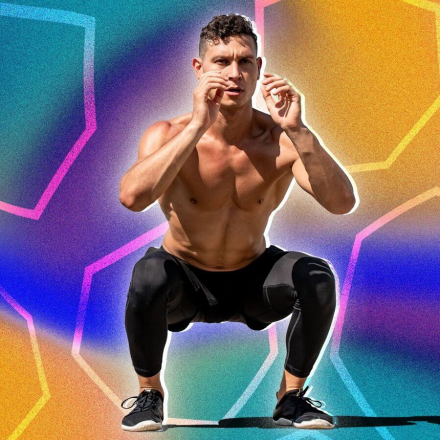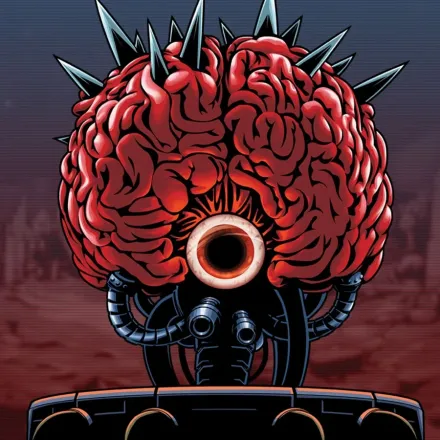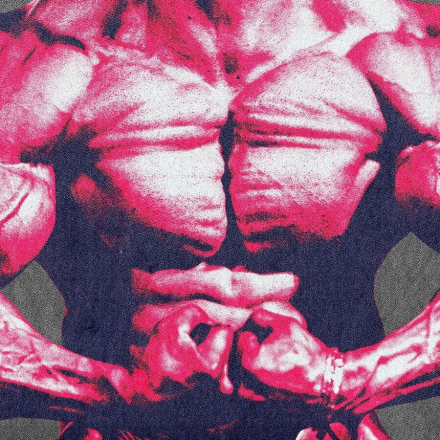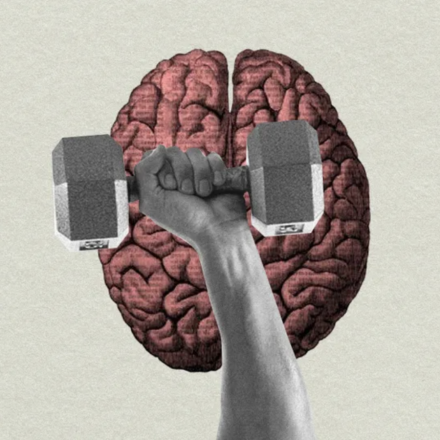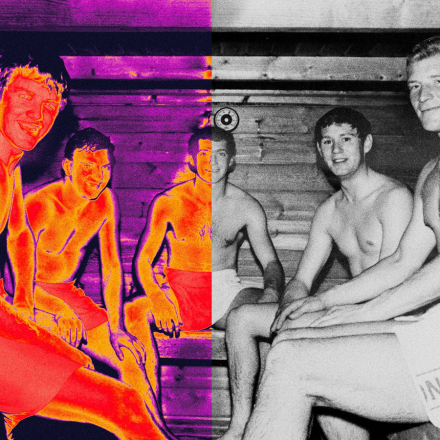You walk into the gym ready to train but feel tired and low on energy. Often, the reason isn’t your motivation or the weight on the bar—it’s that you didn’t prepare properly beforehand. Proper pre-workout preparation isn’t just a trend; it’s the key to maximizing your performance and boosting muscle growth.
Carbs – Your Main Ally
When it comes to energy, carbohydrates should be your priority. Bread, pasta, rice, bananas—they often get a bad reputation, but without them, your body simply can’t “start the engine.” As Dr. Hazel Wallace, Lululemon ambassador and nutrition expert, explains: “Protein before a workout can help with muscle recovery, but for fueling the workout itself, carbs are king.” Combining carbs with a little protein is the perfect start.
Timing Is Everything
The optimal approach is to eat a complete, balanced meal 2–3 hours before training. Ideal: carbs plus protein, like chicken or fish. But be careful with fat and fiber—they slow digestion and can cause discomfort during intense workouts.
Fruits and Light Snacks Before You Start
If it’s less than an hour before your workout, choose lighter options: a banana, rice cakes, or some fruit. Large salads with legumes before running or HIIT sessions will likely weigh you down rather than give you the energy you need.
Caffeine – Your Best Pre-Workout Stimulant
Forget expensive pre-workout drinks with excessive caffeine. A strong coffee 30 minutes before your session provides all the energy you need. Protein shakes aren’t mandatory either: a balanced diet already supplies enough protein, and a shake is just the “cherry on top” for marathoners or endurance athletes.
Don’t Train on an Empty Stomach
Running or cycling fasted isn’t a good idea, especially for long cardio sessions. It can affect your energy, performance, and even testosterone levels. A light pre-workout snack—banana, oatmeal, yogurt—gives you the fuel you need without overloading your stomach.
Hydration and Electrolytes
Water is your best ally. Most athletes only need to drink according to thirst. Electrolyte drinks are only necessary for very intense or prolonged workouts. General rule: drink when you’re thirsty and make sure your urine stays clear.

